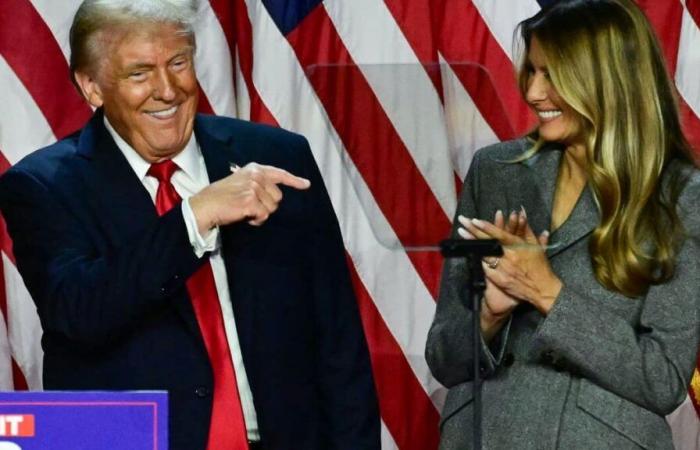Since the presidential election in the United States, we have read and heard a lot of reactions from Quebec commentators who are moved by the re-election of Donald Trump. Hyperbole rubs shoulders with the tragic and the cataclysmic. Thus darkness would have overcome light, hatred would have won victory, democracy would have collapsed before our eyes.
In response, we should “continue the fight”, wipe our tears and resist. Some even wonder if we should talk to our children about this election, something to avoid if we want to avoid trauma. It will be understood that the grandiloquence of the expressions is inversely proportional to the insignificance of the subject.
This little Quebec coterie which understands nothing, and which does not want to understand anything, only thinks of displaying its indignation to better strengthen its adherence to the ideological tribe. Let’s not look for rational comments from her, there are none. Because understanding what happened requires an open mind and an ability to get out of the same ruts. Let’s try to see things more clearly.
Republican camp
Contrary to what the polls predicted, Donald Trump and Kamala Harris were not neck and neck: it was Trump who was leading, without any real threat. All the pivotal states went to the Republican camp, and, something absolutely unexpected, the popular vote went to Trump, with a lead of nearly four million votes over his opponent.
As in every election, commentators and other so-called experts have relied heavily on the polling houses, even though they have been royally wrong since Trump’s arrival in politics in 2016. These same polling houses, remember, claimed that there was almost no chance that Trump would win the White House in 2016: we saw the result.
They have continued to wander all these years, and we surprisingly continue to listen to them.
Society in crisis
In a politically difficult situation, the usual political scientists, pollsters and experts are of no use, since the usual parameters are disrupted. A society in crisis defies the predictions of the greatest minds. The real poll would have been to give a voice to all these Americans of the silent majority, living in devitalized cities, the countryside, the periphery.
This deep America which builds this country from its foundations, which is rooted, proud of its country, which has the legitimate feeling of a decline and which is fed up with the contempt of the elites. These Americans are not necessarily enthusiastic Trumpists, but they are very clearly exasperated by the Democrats’ neglect of their priorities. They feel that the trendy elite of megacities and California have abandoned them, and that the mainstream media lectures them all day long.
This election was not like any other: it was existential. And the average American understands this. Mass immigration and wokism pose existential threats to the American nation, and more generally to the Western world. Inflation and globalization are undermining the American dream, and therefore part of national pride.
These are the subjects, neglected by our “experts”, which, by digging into them, allow us to better understand the meaning of the Trump vote. Whatever anyone says, the country has not entered into fascism or dictatorship: the people have spoken out and want to decide in their own way. This is democracy, and not the preference of the media and cultural elite.
Photo provided by Philippe Lorange
Philippe Lorange
Doctoral student in sociology






